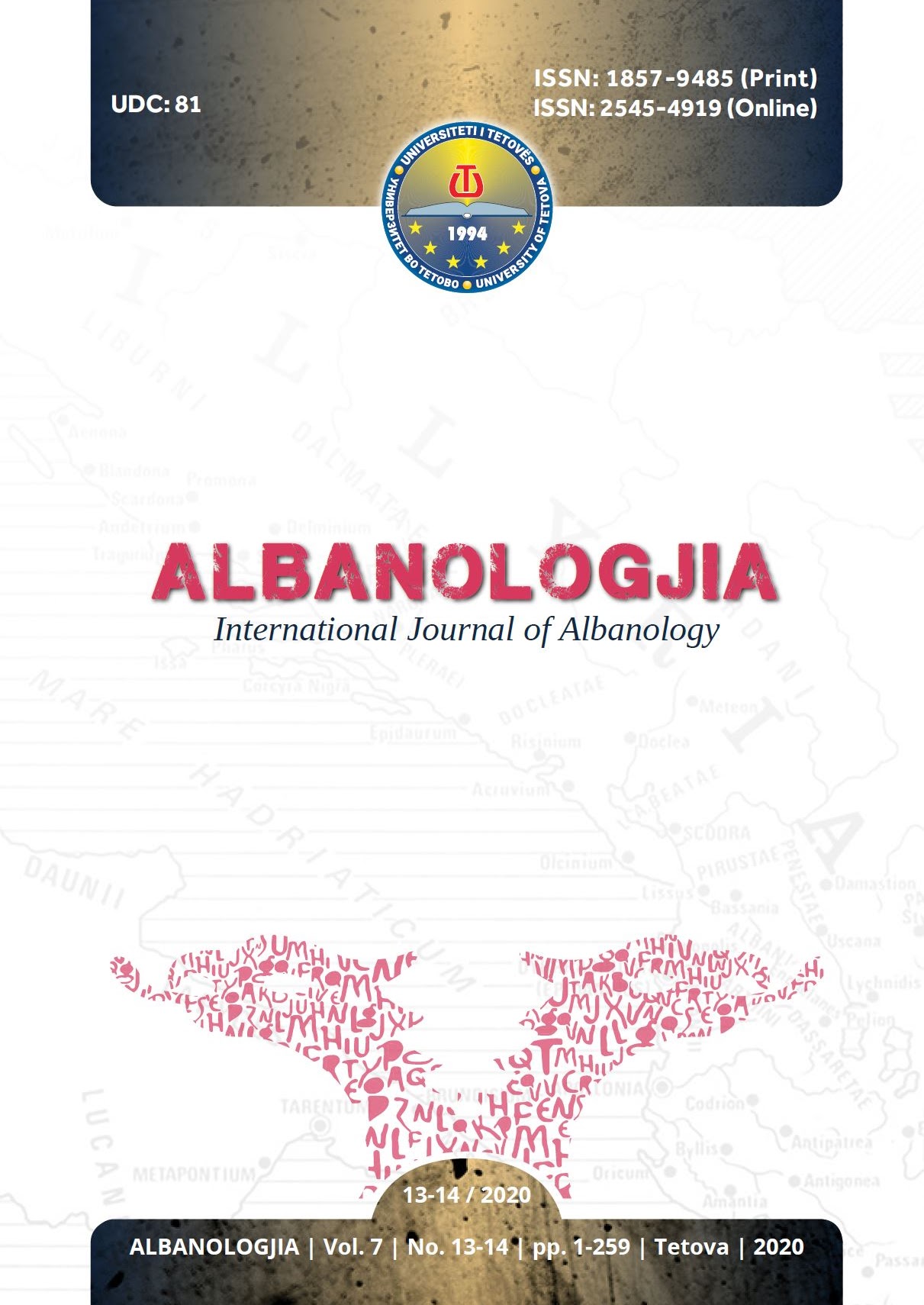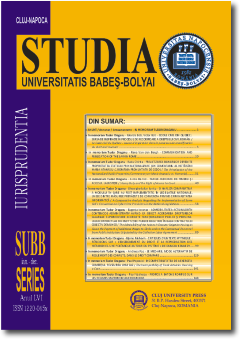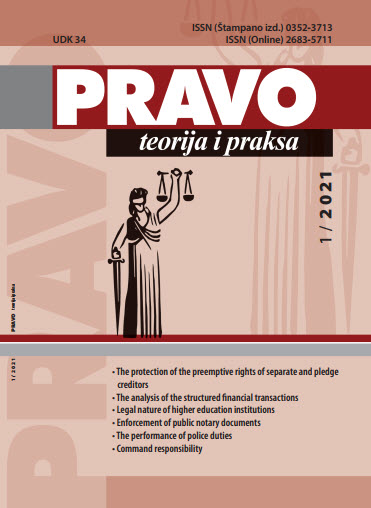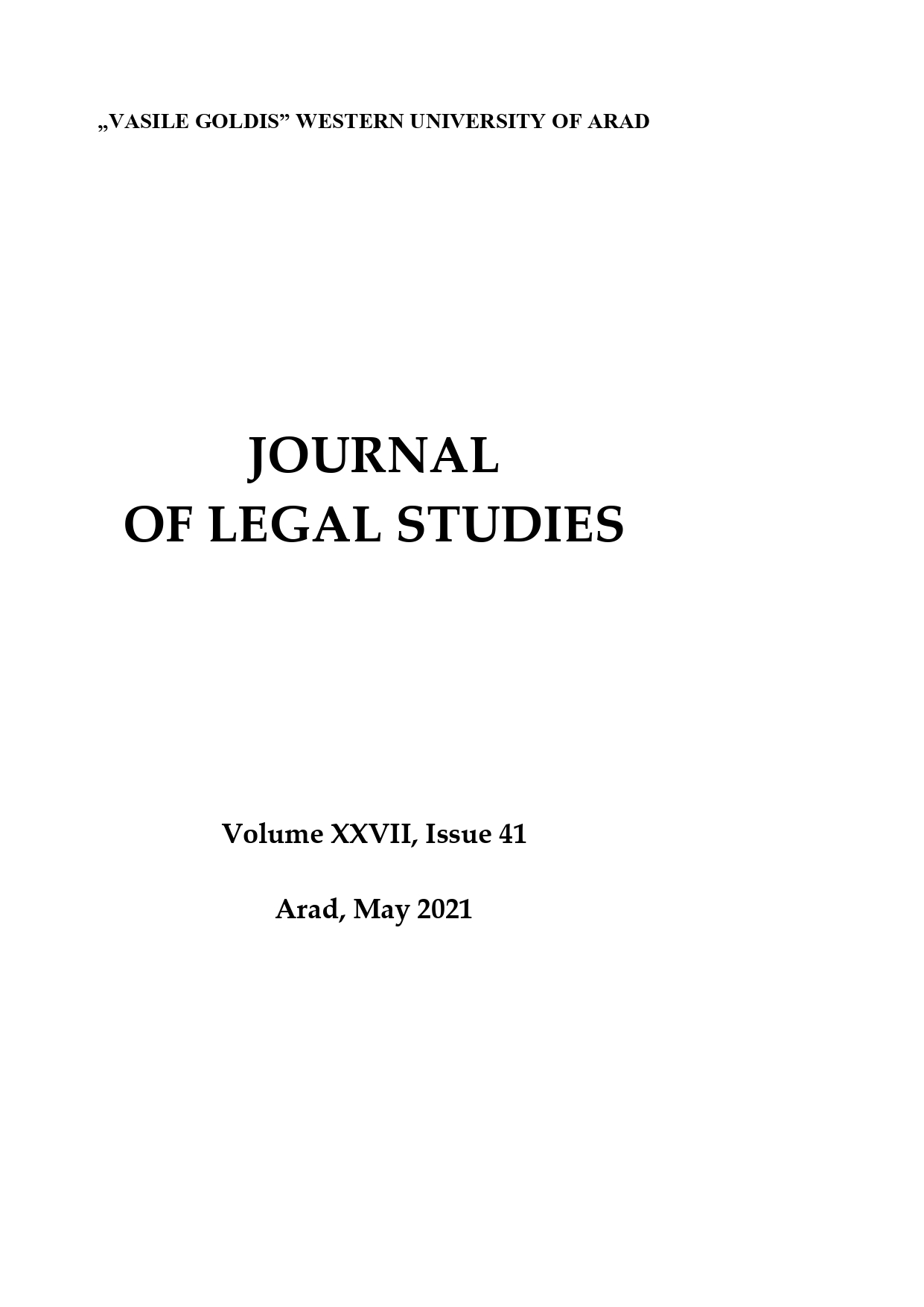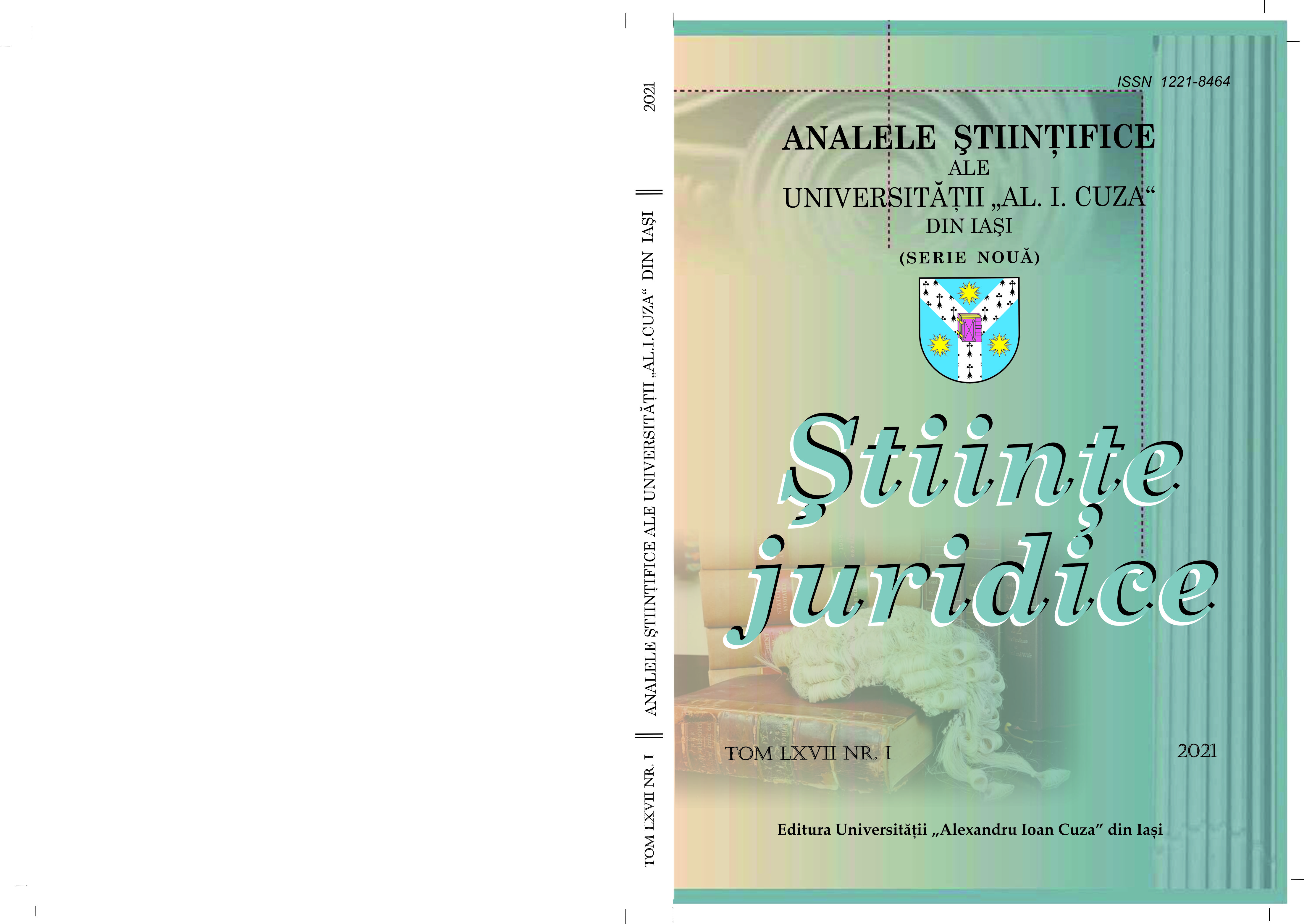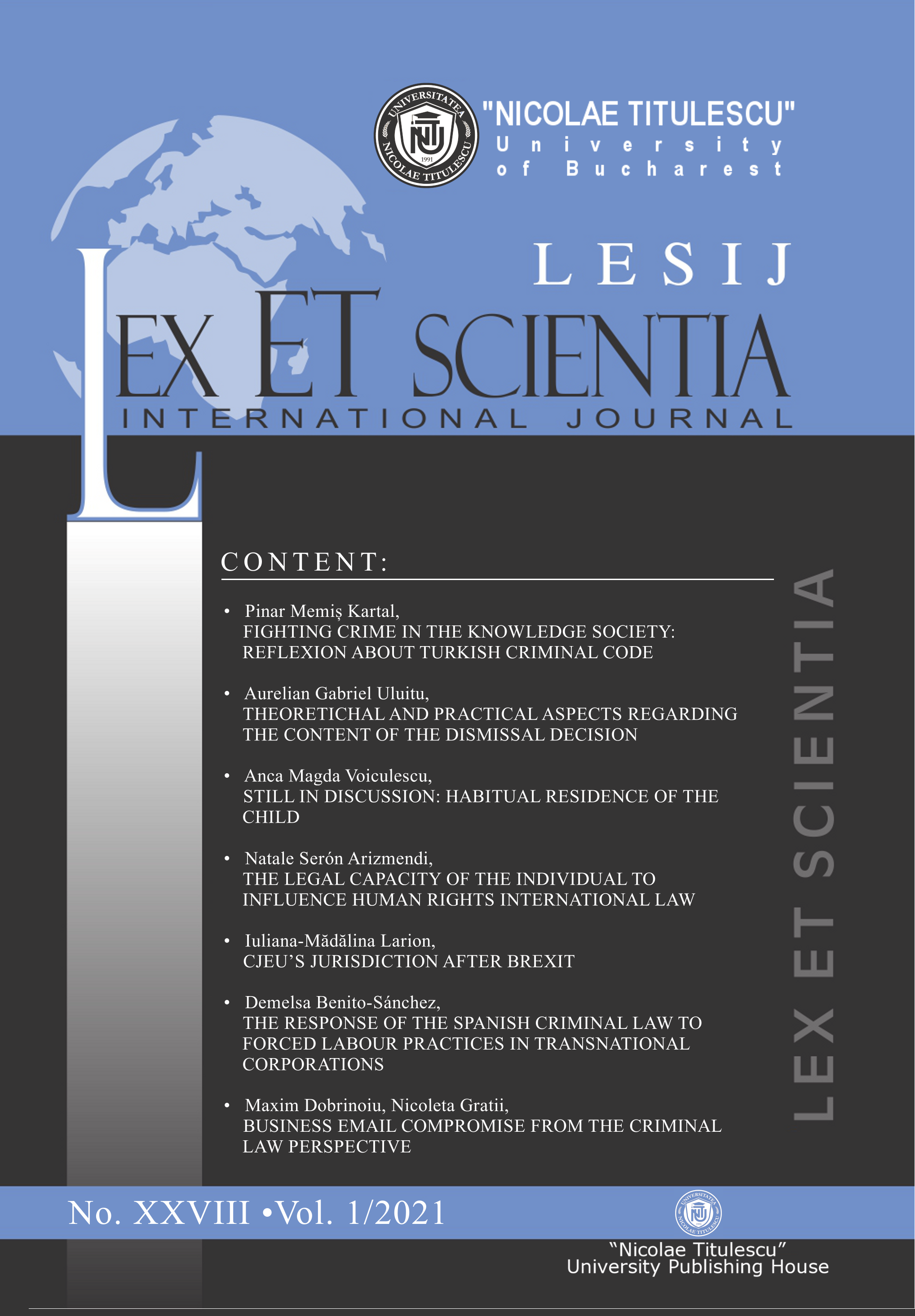Author(s): Ovidiu Podaru,Andreea-Carla Loghin / Language(s): Romanian
Issue: 3/2020
The Romanian administrative litigation is distinguished by the lack of unity of opinion on the passive procedural quality and, at the same time, by the existence of an ingrained custom – the possibility of suing the issuing body of the administrative act, as the sole defendant, – a custom currently lacking a particular legal basis. Starting from these premises, the study investigates at a conceptual level and from a diachronic perspective, the evolution of the defendant” in the administrative litigation, concluding that it is necessary to abandon the described custom.
The passive procedural quality of the issuing body, even without legal personality, was justified by the doctrinal recognition of the theory of restricted legal capacity (or administrative law capacity) developed by Professor Ilie Iovănaș half a century ago. However, this theory was preceded by a succession of regulations, doctrinal opinions, and jurisprudential solutions, which, on careful analysis, contradicted it rather than substantiate it.
Thus, since the interwar period, a distinction has been made between administrative bodies with legal personality and those without legal personality, the general conclusion being that legal personality is the only basis for passive procedural quality. In its absence, the administrative bodies (or, more precisely, the natural persons who held the leading position within them) could stand in court only as representatives of the legal person under public law – the state, the administrative-territorial units, the public establishments. But, even in the political-legal context created by Decree no. 31/1954 regarding natural and legal persons and by Law no. 1/1967 of the administrative contentious, the passive procedural quality was inextricably linked to the legal personality of a public law entity, because regardless of the claim made by the plaintiff, at least one of the defendants had to be a legal entity: insofar as the issuing body the defendant did not have legal personality, it could stand trial only in procedural co-participation with the legal person who ensured its existence (the one that which it depended from a patrimonial point of view). Moreover, in the event of the existence of an appeal for damages, procedural co-participation was necessary because, from a legal point of view, it is inconceivable that an entity without its own patrimony could be legally obliged to satisfy a patrimonial claim made by another legal subject.
In conclusion, at the time of its creation, the theory of restricted legal capacity was developed by Proffessor Ilie Iovănaș to substantiate the sufficiency of the concept of administrative capacity (part of legal capacity, along with the civil one) to justify the passive procedural quality of the issuing body.
However, with the political-legal changes of 1989, the foreground is suddenly occupied by the concept of unitary local authority a legal person under public law having its own patrimony, the administrative bodies being, at the same time, “depersonalized” (deprived of their legal personality) by their conceptual rethinking. However, in order to justify the passive procedural quality of the issuing body, the doctrine and the jurisprudence are continuing to use the theory of (restricted) administrative capacity, introducing the concept of administrative/public authority through successive laws on administrative litigation facilitating the preservation of this unfortunate custom.
Currently, the legal basis that the Romanian doctrine uses to legally substantiate the theory of administrative capacity is related to the notion of public authority, as it is defined by art. 2 para. (1) letter b) of Law no. 554/2004 of the administrative contentious, and then used in the provisions of art. 1 and 13 of the same normative act. This theoretical construction is at least debatable: on the one hand, the notion is incoherent, a source of ambiguity in itself because it unjustifiably (and unfoundedly) assimilates an entity with full legal personality (private law) to one without legal personality (public law), ruining any attempt to bring order in this matter. On the other hand, the inadequacy of that concept results from the fact that it does not resolve all the situations in which, in practice, there would be a need to determine the issuing body of an administrative act.
Consequently, taking into account the fact that any type of capacity, regardless of whether it is a material or procedural law, cannot exist, in theory, outside the legal personality, because each type of capacity is only a part of the juridical capacity (general), and the fact that any exception to this capacity must be expressly provided for by law (a procedural one, in the case of the capacity to stand as a defendant before the administrative court), it is undoubted that the only solution theoretically correct and practically risk-free for the plaintiff would be that, regardless of their concrete claim in court, the legal person of public law whose body issued the illegal act, the one that has the power to resolve the plaintiff’s claim must havepassive procedural capacity . This solution is also in line with the principle of security of legal relations (clarity and predictability of the law), especially since a legal person under public law can be recognized as issuing authority. This solution is based, on the one hand, on the provisions of the Romanian Civil Code (art. 218, 219, 221) which, acquiring applicability in the matter of administrative contentious pursuant to art. 28 of Law no. 554/2004 and assimilating from specific points of view the legal person of public law with that of private law, subjecting to the rules of the mandate the relations between the legal person and its bodies, and, on the other hand, those of the Romanian Administrative Code, given that the notion of administrative capacity acquired today, through art. 5 letter o) of the Romanian Administrative Code has an entirely different meaning.
More...


